FM spokesman: Talks on JCPOA revival will continue, must guarantee Iranian people’s interests
Iran’s Foreign Ministry spokesman says negotiations on the revival of the landmark nuclear deal between Iran and world powers, known as the Joint Comprehensive Plan of Action (JCPOA), will continue in essence under the new administration.
Saeed Khatibzadeh made the remarks while answering a question on the consequences of further delay in nuclear talks in the Austrian capital, Vienna, which are aimed at reviving the nuclear deal after the US unilaterally withdrew from it.
“The [Vienna] negotiations will continue in essence. Iran has announced time and again that negotiations will continue to make sure that the United States will return to complete implementation of its obligations under the JCPOA and [UN Security Council] Resolution 2231 [which endorsed the accord],” Iran’s spokesman added.
Noting that the Vienna talks were supposed to secure the interests of the Iranian nation, Khatibzadeh added that those interests have not been met in practice due to frequent violations of the deal by the United States and the European sides’ inaction in the face of US violations.
Reiterating that the negotiations must guarantee the Iranian nation’s interests, the spokesman said the country would not waste even one hour in its effort to achieve this goal.
"There has been a democratic transition in Iran, and everyone must allow this to happen," the spokesperson said, adding," The messages sent by the [Iranian] president and foreign minister on the continuation of the talks are unequivocal."
Iran's Foreign Ministry spokesman, however, warned the American side that it will “achieve nothing but maximum failure” if it continues to pursue the policies of former US President Donald Trump, saying, “They must come to Vienna with a real agenda and implement the JCPOA in full. This will help us quickly restore the JCPOA.”
Iran and the other five remaining parties to the JCPOA – Britain, France, Germany, Russia and China -- have held six rounds of talks in Vienna to salvage the faltering agreement by bringing the US, as the violator of the deal, back into compliance.
In quitting the JCPOA in May 2018, Trump reinstated sanctions on Iran that had been lifted under the accord, while piling on the pressure with new bans, as the other parties failed to protect Iran’s contractual benefits.
During his first televised address to the Iranian people on Saturday, Iran's President Ebrahim Raeisi dismissed the idea of holding negotiations over the JCPOA revival under pressure, saying such tactics have never yielded the US and Europe any result.
“Negotiation and dialog have always been and will continue to be part of the instruments that are in the service of diplomacy. We do not balk at negotiation and dialog,” he said, adding, “But the Americans and the Westerners are after negotiation in conjunction with pressure. This is while negotiations are there to avoid pressure.”
When asked about the possibility of a visit by the International Atomic Energy Agency (IAEA)'s director general to Tehran, Khatibzadeh said Tehran and the IAEA have “technical and respectful” relations, expressing hope that no one would tamper with these relations.
He also commented on the upcoming meeting of the IAEA Board of Governors and said the meeting is "a routine session, but no side should make a miscalculation. Political exploitation of the agency will be met with a different response from Iran.”
In a Thursday phone call with his Austrian counterpart, Alexander Schallenberg, the Iranian foreign minister also said the Islamic Republic welcomes negotiations on the JCPOA revival, but will not engage in talks just for the sake of talks.
“The Islamic Republic of Iran has kept its end of the bargain in maintaining the JCPOA through its strategic patience in the face of the US withdrawal and the inaction of the European side, and now it’s about time for the other JCPOA parties to cooperate and honor their commitments in a real and practical manner,” Hossein Amir-Abdollahian said.
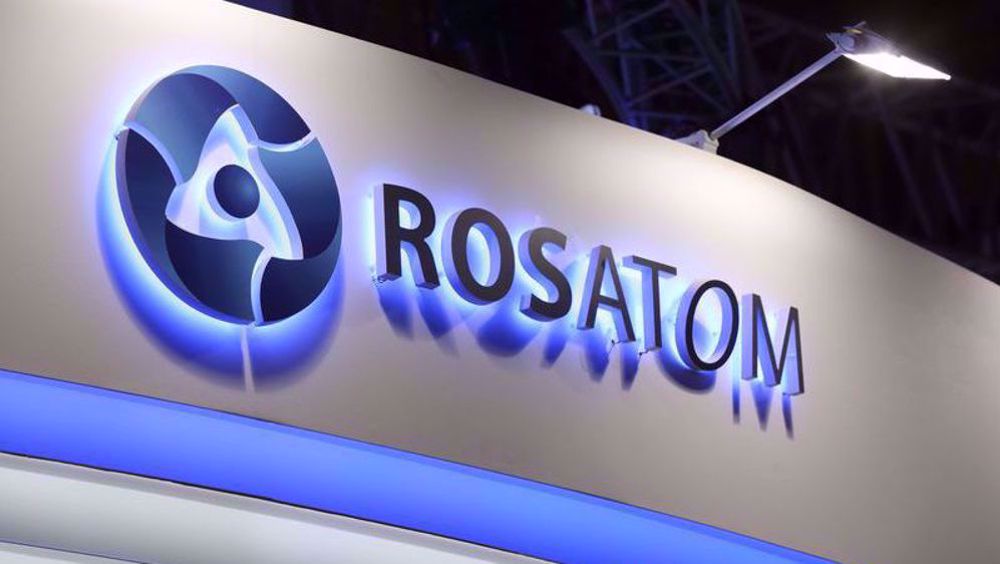
Russia’s Rosatom in ‘large-scale’ talks with Iran to build another power plant: CEO
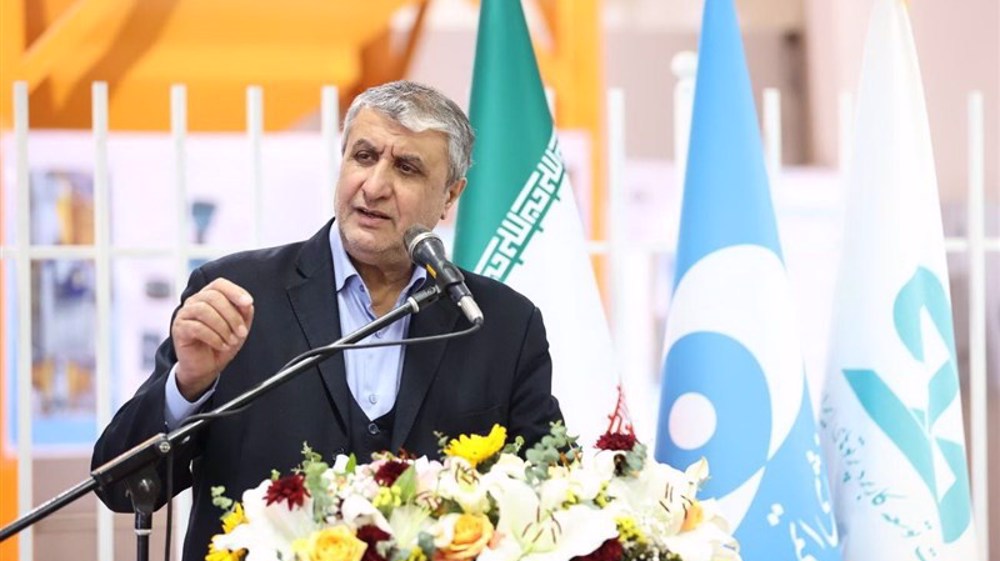
Official: Iran mastering construction of nuclear power plants
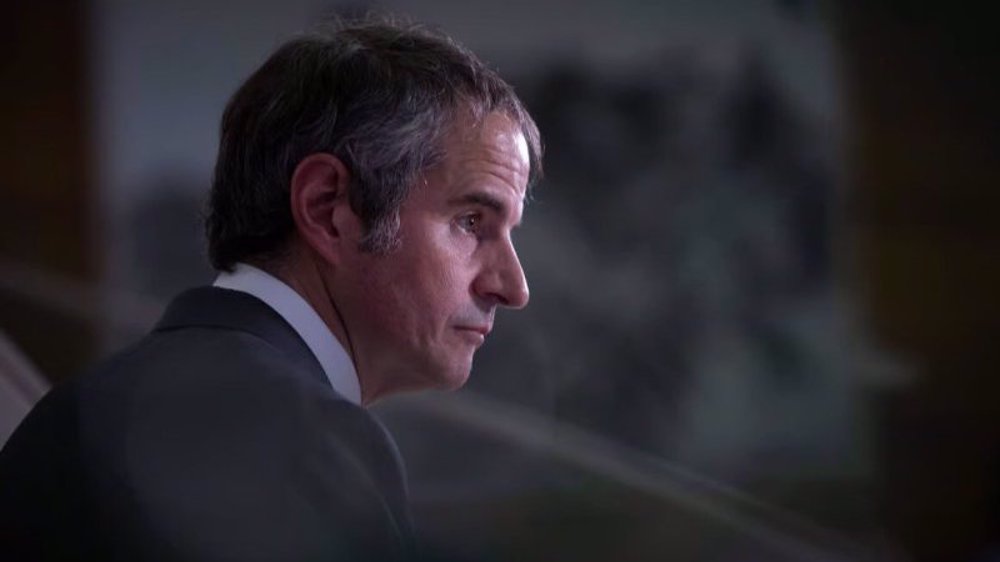
Iran raps Grossi's 'political' remarks serving pretext to pressure Tehran
VIDEO | Gazans striving to survive with bare hands
'Shocking attack on free expression': Canadian politician slams arrest of pro-Palestine activist
West Bank Palestinians fear Gaza style destruction as Israel escalates raids
Hamas: Ibrahimi Mosque massacre testament to Israel’s criminal policy
Trump eyes Ukrainian rare earth minerals in exchange for military support to Kiev
Six Gaza children, including newborn girl, die of cold weather as Israel blocks aid
Iran rules out nuclear talks with US amid ‘maximum pressure’ campaign
Israeli tanks roll into West Bank first time in 20 years as prelude to forcible annexation


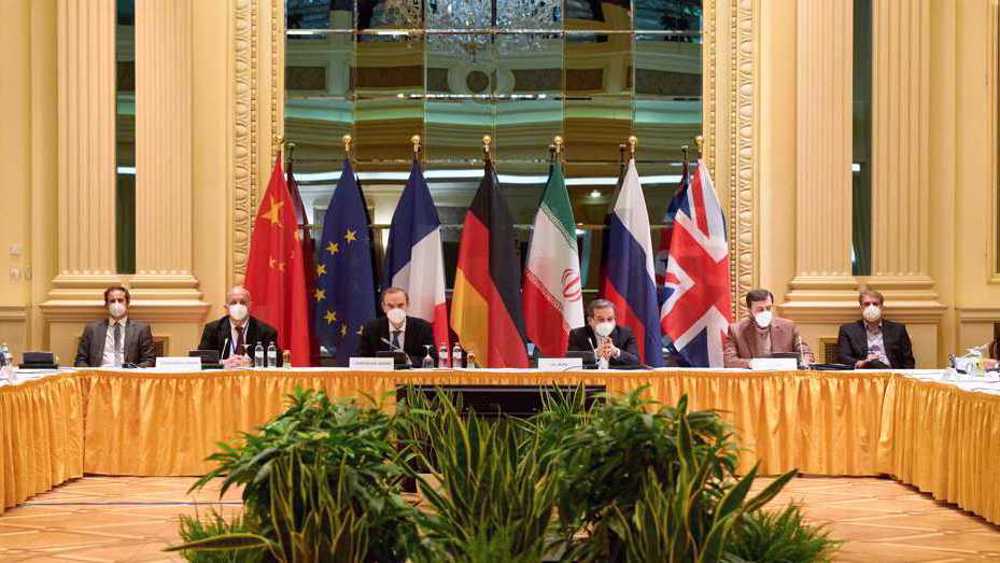
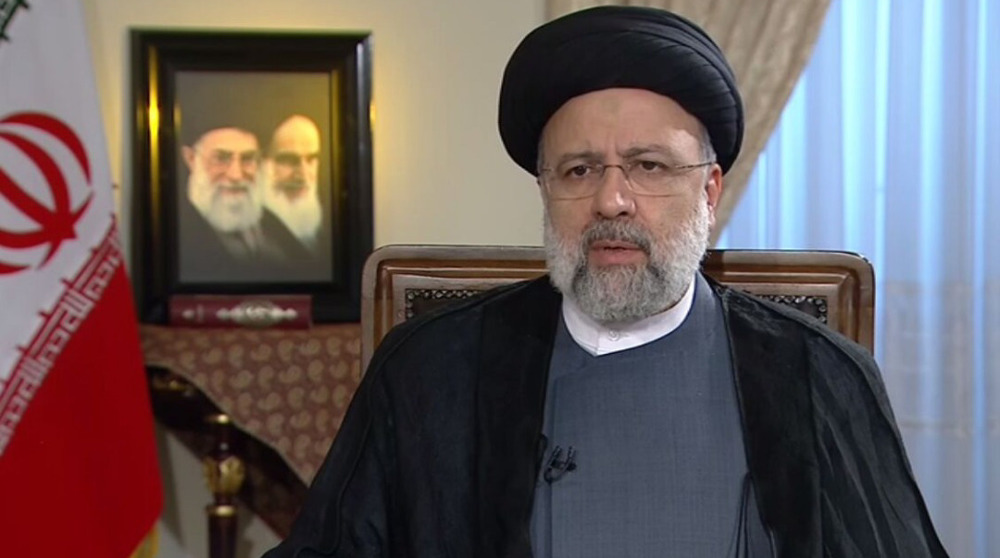
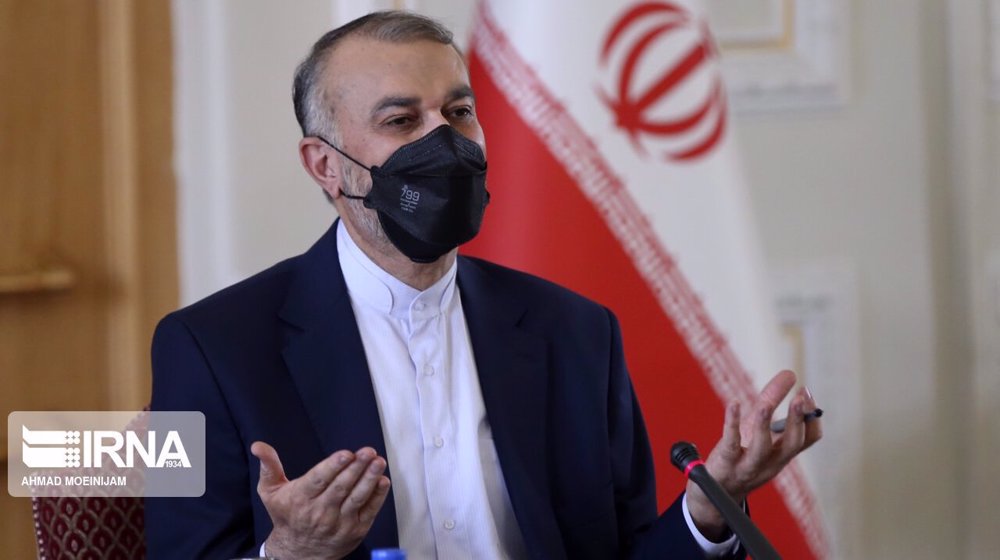




 This makes it easy to access the Press TV website
This makes it easy to access the Press TV website